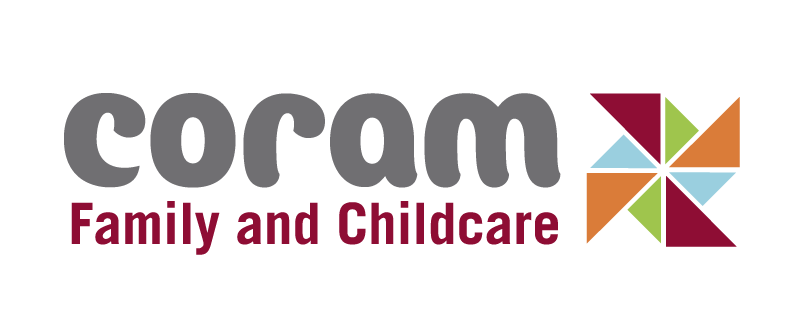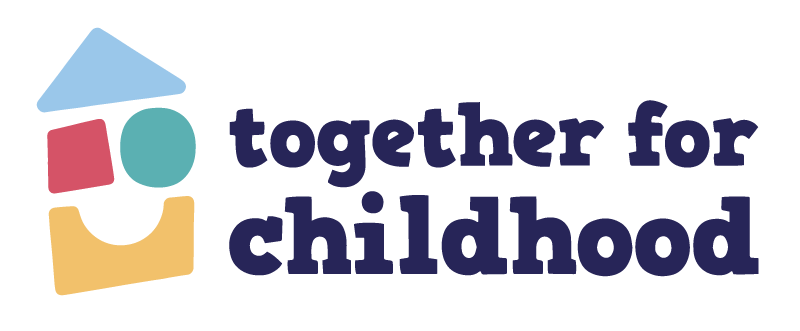
18 May 2020 • Update
Joining the FYFF team
In this blog I reflect on becoming a Research Fellow for the FYFF team and what I am looking forward to in the role.
I had previously worked on the baseline Following Young Fathers (FYF) project at the University of Leeds. It was a brilliant project to work on and I received excellent on-the-job research training. The project was the first major study in the UK to focus on fathers; previous young parenthood research largely related to mothers. The FYF research generated a significant amount of in-depth data and covered a lot of ground. However, when the project ended there was a feeling that there was still so much more research on young fatherhood to do, so much more we could do with the data already generated and more we could do to support services for young fathers. I was incredibly excited to hear that Anna was successful in obtaining funding to do just that!
I first crossed paths with Anna when we were both working at the University of Leeds. We had many overlapping research interests so when the opportunity arose to apply for a post to work with her, I jumped at the chance! The application process was nerve racking. The job seemed like a natural career progression and a perfect fit for my research interests; I really wanted this job! The main thing that attracted me to the post was the chance to make a difference to improving the lives of young fathers and their families. The FYFF study has ambitious aims, with real potential to inform national policy agendas and implement change in participatory (or young father informed) ways. I was absolutely delighted to be offered the job and the first few months of the project have flown by.
We have spent these initial months getting to know each other as a team. The enthusiasm and ideas for the project have been really exciting and it’s brilliant to be working with a lovely team of supportive and talented colleagues. We’ve also been beavering away developing an international literature review. It is interesting to see how other countries approach young fatherhood in terms of policy and practice, as well as socially and conceptually. Watch this space for forthcoming blogs and working papers on this.
I am responsible for strands one and three of the research. Strand one will include re-accessing the young fathers who took part in the baseline Following Young Fathers study. This is particularly exciting for me, as I know these fathers well, having analysed their data. I have also interviewed some of them already. I can’t wait to find out what they have been up to since they were last interviewed! Perhaps some will even be grandfathers? Re-accessing these dads will give us qualitative research spanning 10 years or more and will provide fascinating and valuable data on young fathers’ lived experiences over time. Strand 1 will also include recruiting a new sample of around 20 young fathers from Lincolnshire, who we will also follow over time. Strand 3 is an international collaboration with our Swedish partners, Thomas and Jesper. They will recruit and conduct qualitative longitudinal research (QLR) interviews over two waves. This will generate extensive comparative data over time and place and is the first time a qualitative study about young fathers will develop comparative insights. While this presents us with some data management challenges, it will give us powerful and unique insights and explanations into the lives of young fathers in different welfare and country contexts. The depth and breadth provided by this approach to QLR will forward academic knowledge, but more importantly, gives us the tools to make a real difference to the lives of young fathers and their families.





